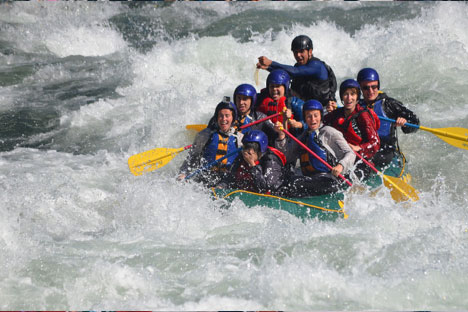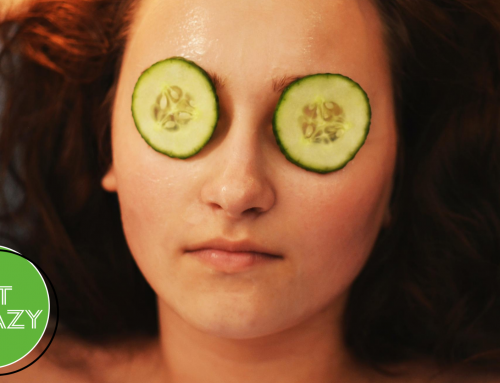
Teamwork on the slopes
One top trending topic in recent years has been that of ‘self-care’. But what does the phrase actually mean, and how can you go about meaningfully practicing it? ‘Self-care’ is loosely defined as taking independent steps towards improving your own health and wellbeing, perhaps with added support from healthcare professionals, friends and loved ones. This can mean something as small as making sure you shower regularly or something as big as returning to the world of work after a long absence. The most important thing to remember is that self-care will look different to everybody, depending on one’s own individual circumstances.

Invigorating teamwork
Photo by Valeska Salgado, CC0
A great way of practicing self-care is to get involved with a sport. Even if you don’t consider yourself a very sporty person, the benefits that come with playing sports are worth considering. For a start, it will introduce you to new people and environments; this situation may seem scary at first, but eventually it will reinforce the idea that new experiences can be a positive. It will also give you a chance to form meaningful connections with people and build lasting new relationships through a shared interest.
It is often said that exercise makes you happier, but it can be all too easy to push those claims aside when you’re feeling depressed or anxious or otherwise suffering from poor mental health. Finding the motivation to get up and get your body moving can be difficult when you’re struggling. Herein lies one of the many benefits of being involved with sport: teamwork! Being part of a team increases your support network, teaches you new social skills, and can help you to rebuild your self-confidence. When you can’t summon the energy to attend practice, your team will be there to make sure you don’t feel left out!

Fatima Moreira de Melo plays hockey
Fatima Moreira de Melo 2007 by fourthandfifteen, CC BY 2.0
Professional poker player Fatima Moreira de Melo speaks about the learning curve she’s experienced as a result of playing sports since her youth. She explains how essential life skills like socialising, working as part of a team and self-motivation can be learned through playing any type of sport. She also points out that playing sports comes with both ups and downs, and it’s how you handle the disappointments that can really have a significant impact on your mindset. Sport allows you to confront your fears and weaknesses in a safe environment and offers you the opportunity to overcome them. Picking yourself back up after a losing a game is a skill that can carry over into real life when you need to recover from a period of mental struggle.
Even if you are picking up sport for the first time as an adult, the lessons it can teach you are all-important aspects of being a human that will continually develop throughout your lifetime. Useful skills, like being able to adapt to new environments or react quickly to unexpected problems, can make handling life and everything that it throws at you much easier. It may not be the first thing that comes to mind, but sport can definitely be a form of self-care when approached with purpose.







